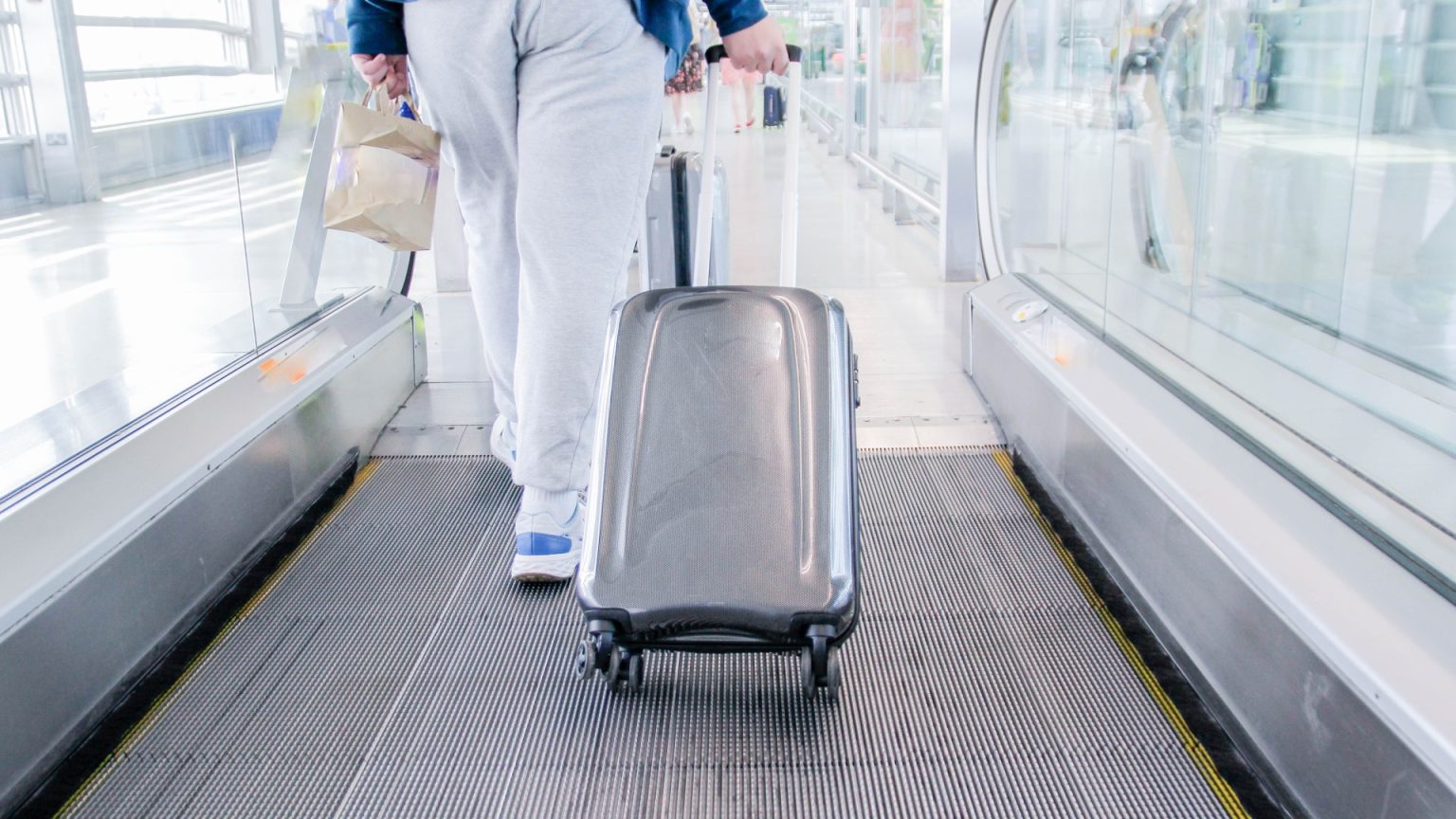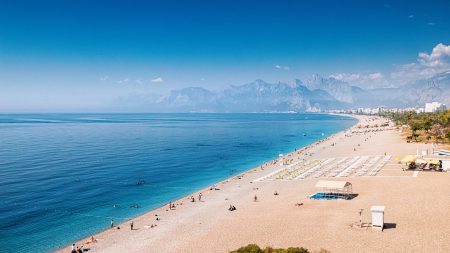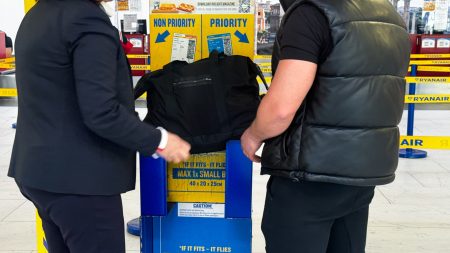Summary – Humanizing Content
Holidaysuckle travelers are increasingly concerned about digital threats and the risks of falling victim to cybercriminals, despite their strong reliance on physical safety when traveling. A recent poll of 2,000 individuals found health emergencies and lost luggage top of the list, with theft and pickpocketing also being major concerns. Data from a study revealed that only 8% of travelers feared being exposed to online threats, highlighting the need for a focus on digital security alongside physical safety.
Among the risks highlighted in the study, simultaneous risks such as assassins, biengurps, and ransomware emerged as potential threats. Additionally, issues related to language barriers, cultural misunderstandings, and social media fraud were also discussed. These concerns underscore the importance of considering both individual and collective risks when traveling, particularly when using unsecured networks and public Wi-Fi.
The importance of securing both digital and physical life was emphasized, with a survey indicating that only 26% had used a VPN while traveling. While public Wi-Fi is convenient for checking maps and posting online, it remains a potential weakness for cybercriminals and holidaymakers alike. The ethical use of technology should be prioritized, with a focus on
using a VPN to protect personal online activities and ensuring a safe online environment.
The Risks of Unsecured Wi-Fi
Public Wi-Fi, while convenient, can be a convenience store for cybercriminals, exposing holidaymakers to risks such as:
- Assimilation of malware for unauthorized access
- False or fake Wi-Fi hotspots that target travelers
- Spam and phishing scammers disguised as hotel confirmations
A survey found that 14% connecting to unsecured Wi-Fi networks were unsure of the risks, while 29% had been scammed, often during travel. The risks associated with this technology include:
- Malware distribution in unsecured networks
- False Wi-Fi hotspots
- Data breach alerts
- Online scams or fraud
The use of a VPN minimizes the risk of identity theft, tracking, or other data breaches by providing an encrypted service that protects digital privacy at the highest standard.
Top 10 Holiday Travellers’ Concerns
- Health emergencies
- Losing luggage
- Missing flights
- Theft of personal belongings
- Pickpockets
- Overcrowded tourist spots
- Unsafe drinking water
- Getting lost
- Language barriers
- Cultural misunderstandings
Holidaysuckle travelers often face these challenges and worry because they are concerned about falling victim to the same risks faced by the public. However, a well ig Nav guard and a secure digital environment can protect both physical and digital lives.
Conclusion
In summary, holidaymakers are increasingly concerned about the risks of digital threats, with theft, PPs, and falling victim to phishing scams being major concerns. Public Wi-Fi remains a potential weakness, exposing individuals to risks such as malware and fake hotspots. While some risks, such as latency and confusion in websites, are doable with strong VPN protection, unsecured networks should be used with caution. By focusing on digital security, individuals can make a difference online and safeguard their digital lives during travel.











